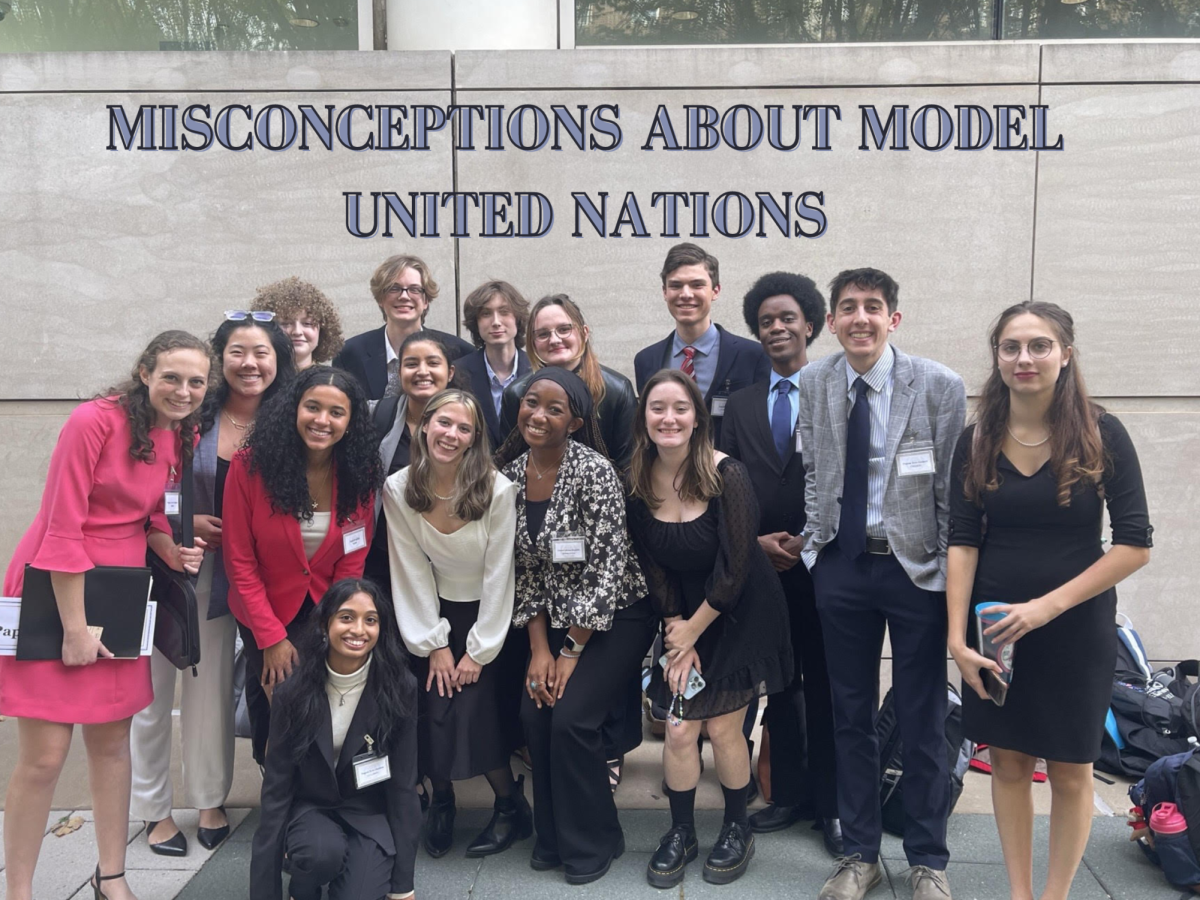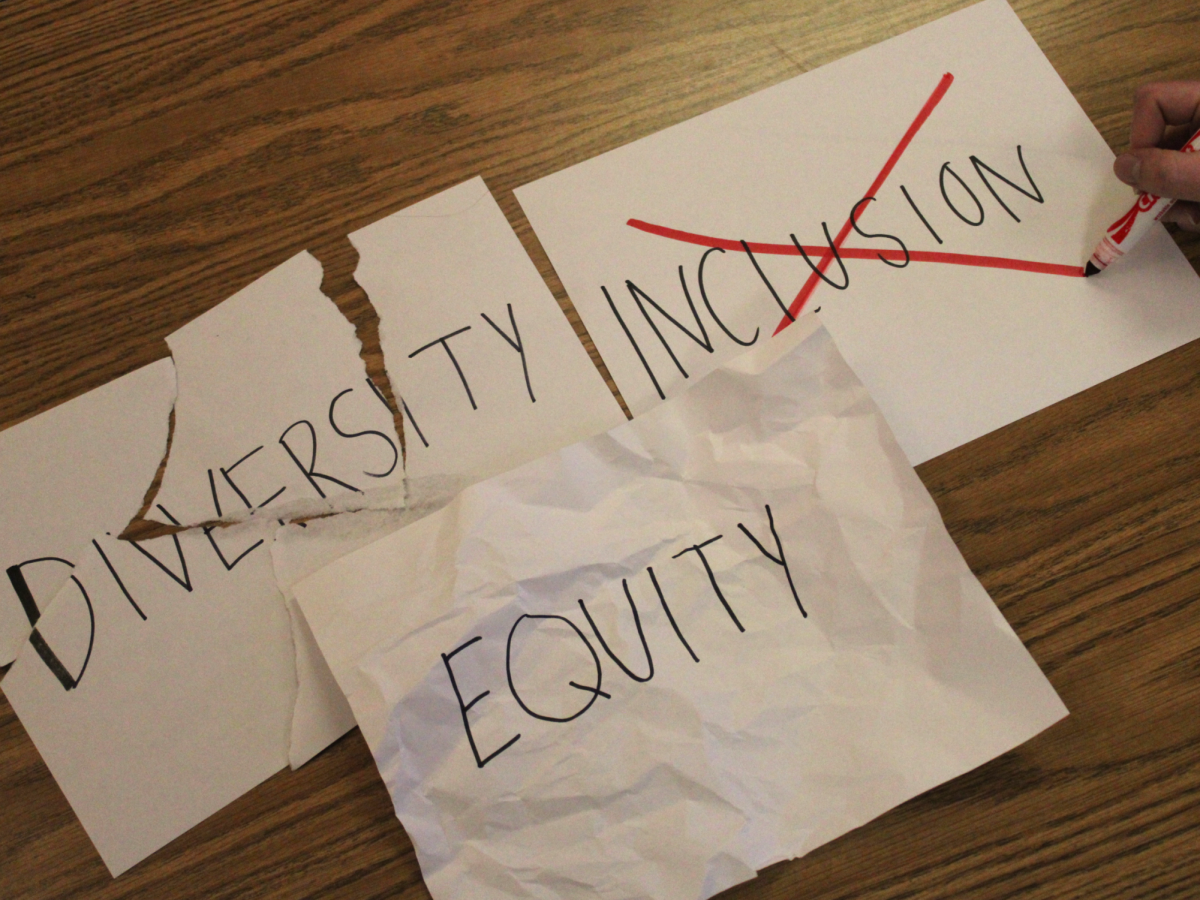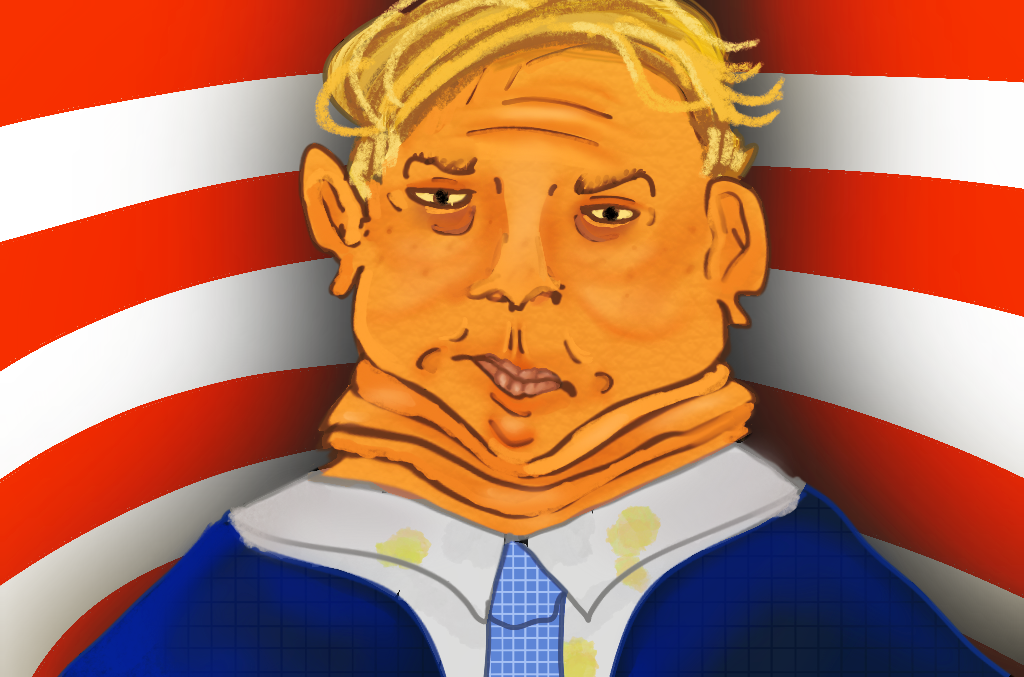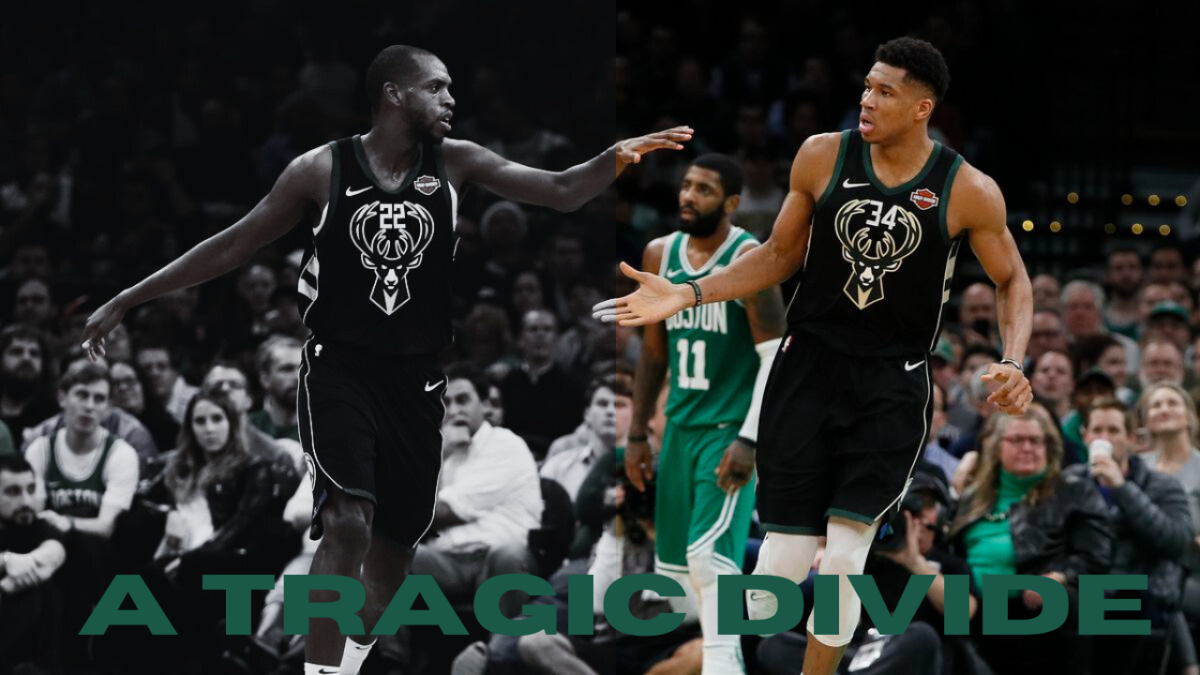For as long as the empire of teen television has existed, the depiction of the Model United Nations (MUN) has prevailed right alongside it. Several students may believe that MUN stands as a club only suitable for the stereotypical nerd. With the emphasis on history, time commitment to drafting resolutions and an affinity for business casual attire, the organization garners a reputation for only fitting a particular archetype of students and may feel alienating to students who may not stay up to date with every passing historical event. While an understanding of international affairs does benefit MUNers, the club offers several outlets for a wide array of interests and disciplines suitable for any high schooler.
For example, students interested in science or the environment can participate in committees such as the United Nations Environmental Program (UNEP) or The Commission on Science and Technology for Development (CSTD). While these bodies do require knowledge on the environmental and technological status of one’s respective Member State, the inclusion of science, technology, engineering or math (STEM) can take precedence in debates. The Economic and Social Council (ECOSOC) and the Administrative and Budgetary Committee (ABC) also present students who take an interest in the global economy a platform to discuss the implications of recessions, pandemics and strikes. Other bodies such as the United Nations Commission on Narcotic Drugs or the UN Committee on the Peaceful Uses of Outer Space grant delegates different outlets of the world to analyze, interpret and find solutions for. The diverse array of topics to discuss opens up MUN to an even wider pool of students to participate in.
Non–MUNers may believe that the club only revolves around research and that members only serve to hit the books. While the club does present a fair component of time dedicated to research, such as position papers or opening statements, MUN works in tandem with several social components. For example, in moderated caucuses, delegates must harbor public speaking skills and a certain altruism to keep their peers engaged with their speeches and build off of their research. Similarly, in an unmoderated caucus, delegates can freely talk with one another and sell their positions to others through discretion and a plethora of people skills. In different facets of the committee, delegates can expand on any readings or journals found in their research by discussing them with others in order to advance their country’s goals.
“Model UN only had outside work for position papers, which happens 2-3 times a year. And honestly, they don’t even take that long. The hardest part is the formatting, and even that’s quick once you get it. The idea of doing work in addition to school pushed a lot of students away from MUN. MUN’s main purpose isn’t about writing, but about learning to negotiate and see things from a different angle,” NCHS Secretary-General and magnet senior president Lily Trottier said.
Although the social aspect of interacting with other delegates serves as a vital part of MUN, this practice does not only apply to extroverted students. A popular misinterpretation of MUN believes that only people who speak at a high volume and serve to work a room in a politician-esque fashion can find success. While people skills do aid delegates when caucusing, introverted students can also find success in the MUN setting. Those who harbor extraordinary writing skills can take the lead in drafting resolutions or any supplemental research. Introverted delegates can talk one-on-one with their constituents in order to crowd-source support for their papers, and actively listen during unmoderated caucuses, where conversations tend to become hectic. While extroversion can help in conferences, delegates across an array of personality types can find diplomatic success.
Finally, a negative typecast around MUN stems from a “dog-eat-dog” world perspective. Several may think that MUNers only set out to help themselves win awards, and do not pay mind to who suffers the consequences. Due to the potentially cutthroat nature of competition, students may feel that they own no allies in their committee groups. With negative stereotypes such as “power dels” thrown around, this attitude appears omnipresent over the club. Contrary to this belief, however, MUN serves as a celebration of camaraderie and teamwork. Across political, economic and social lines, students must work alongside one another to create productive solutions for real-world issues and do so with respect and understanding. The Diases— the adults in charge of committees— do not reward delegates who negate diplomacy or compassion for others. In fact, those qualities, alongside humility and support, receive positive recognition and truly serve as the crux for awards distributed to students.
“You can certainly meet your fair share of annoying or stuck-up kids, but most of them are kind and fun. I have made so many friends and we still laugh about funny things that happened in committee. Model UN not only sharpens your public speaking skills or writing, it also gives you so many friends. There’s a good community in Model UN. We’re just a bunch of kids trying to figure out solutions to the world’s problems,” Trottier said.
Despite the severity of certain stereotypes concerning MUN, it remains important to recognize the hidden gems surrounding the club. For students to further understand the lengths of excellence MUN engenders, a level of compassion must exist. With diplomacy and respect, the iconic club can become a safe haven for any personality type or discipline enthusiast.











